Bass Lab Partners with Media 2070 for Two Enlightening New Courses
by Reenua JonesIn collaboration with Media 2070, The Charlotta Bass Journalism & Justice Lab is bringing a transformative vision of media justice to the USC campus.
This year, the Charlotta Bass Lab launched two pioneering courses, reshaping journalism education. Media 2070, an initiative by Free Press, seeks to address and repair the harm caused by systemic racism in the U.S. media industry, working towards a future where media systems actively contribute to racial justice. This initiative shines a light on the media’s historical role in upholding white supremacy through racist portrayals, the exclusion of Black voices, and concentrated ownership. By envisioning media reparations, Media 2070 aims to foster equitable representation, ownership, and policies.
Venneikia Williams is the campaign manager for Media 2070.
In line with this mission, the new courses—Race and Justice (JOUR 580) and The Second Draft Project (JOUR 499)—are tailored to equip students with the tools and perspectives necessary to critically examine race, justice, and reparative media within journalism.
Senior Director of Media 2070, Anshantia Oso, remarked:
“We’re excited for this program because we know students will have an opportunity to not only learn but actually practice reparative journalism,”
“This partnership is particularly powerful because we want the next generation of journalists to understand how to practice reparative journalism so they can build the skills to take wherever they end up post-graduation. We’re really working to give students a multi-angle look at both the problem of harmful media coverage and the solutions so they feel more equipped to be a part of the future of journalism.”
Race and Justice (JOUR 580) is a graduate-level course structured to guide students through the intersections of race, justice, and media. Students will explore the historical role of media in perpetuating racial injustice, especially concerning Black and marginalized communities. They will learn ways to cover race and justice in ways that elevate underrepresented voices and hold institutions accountable. The course offers a profound understanding of the media’s role in racial justice through lectures, guest speakers, and hands-on assignments.
Diamond Hardiman leads a reparative journalism workshop for The Second Draft Project course.


